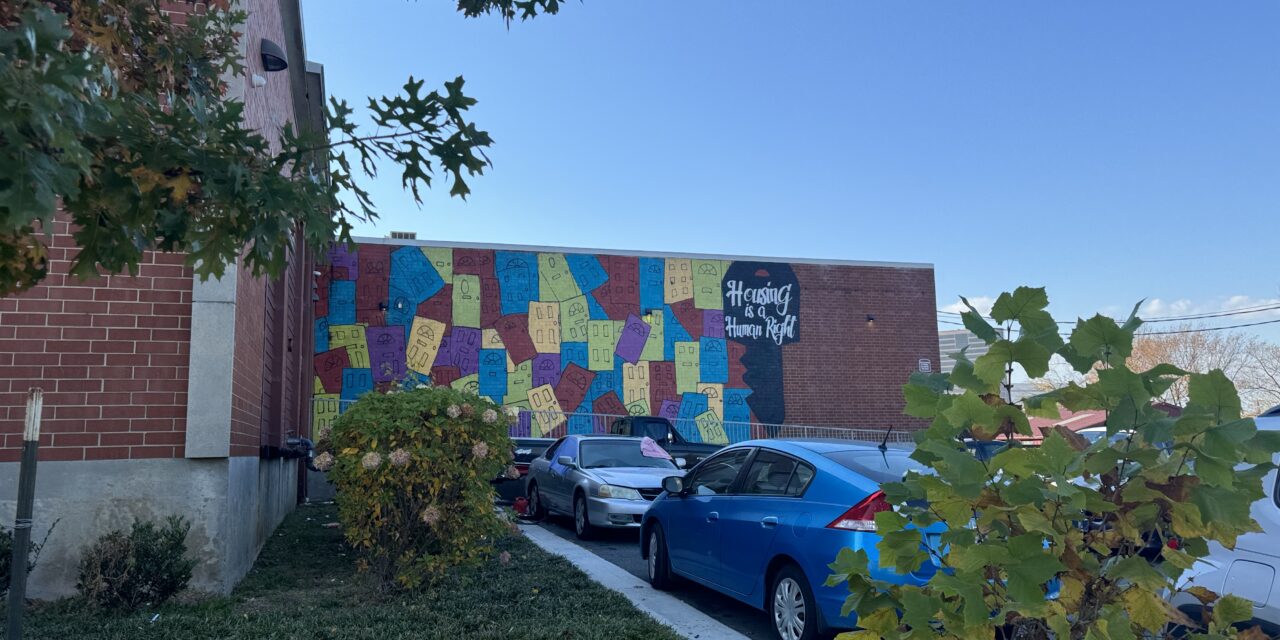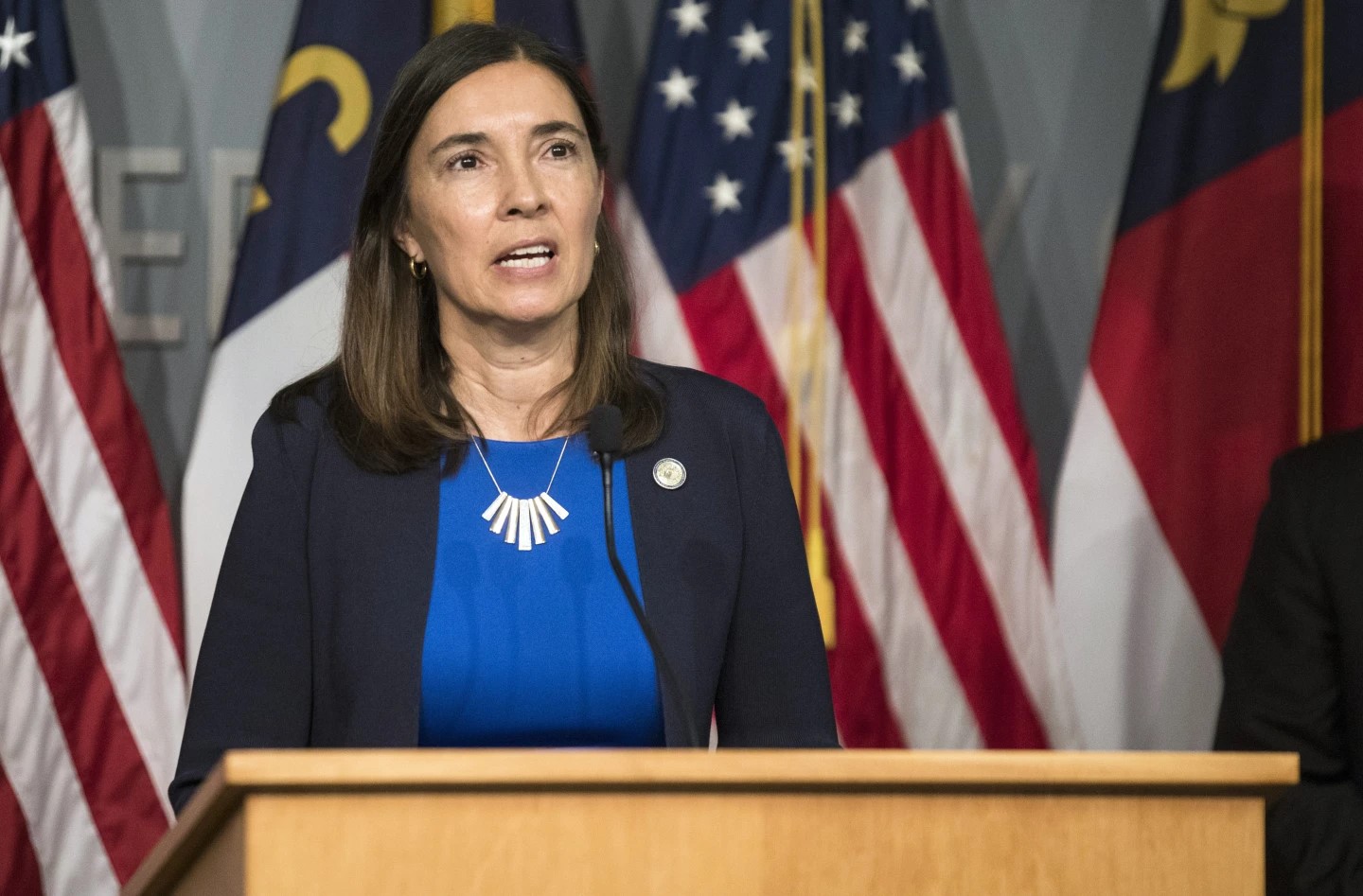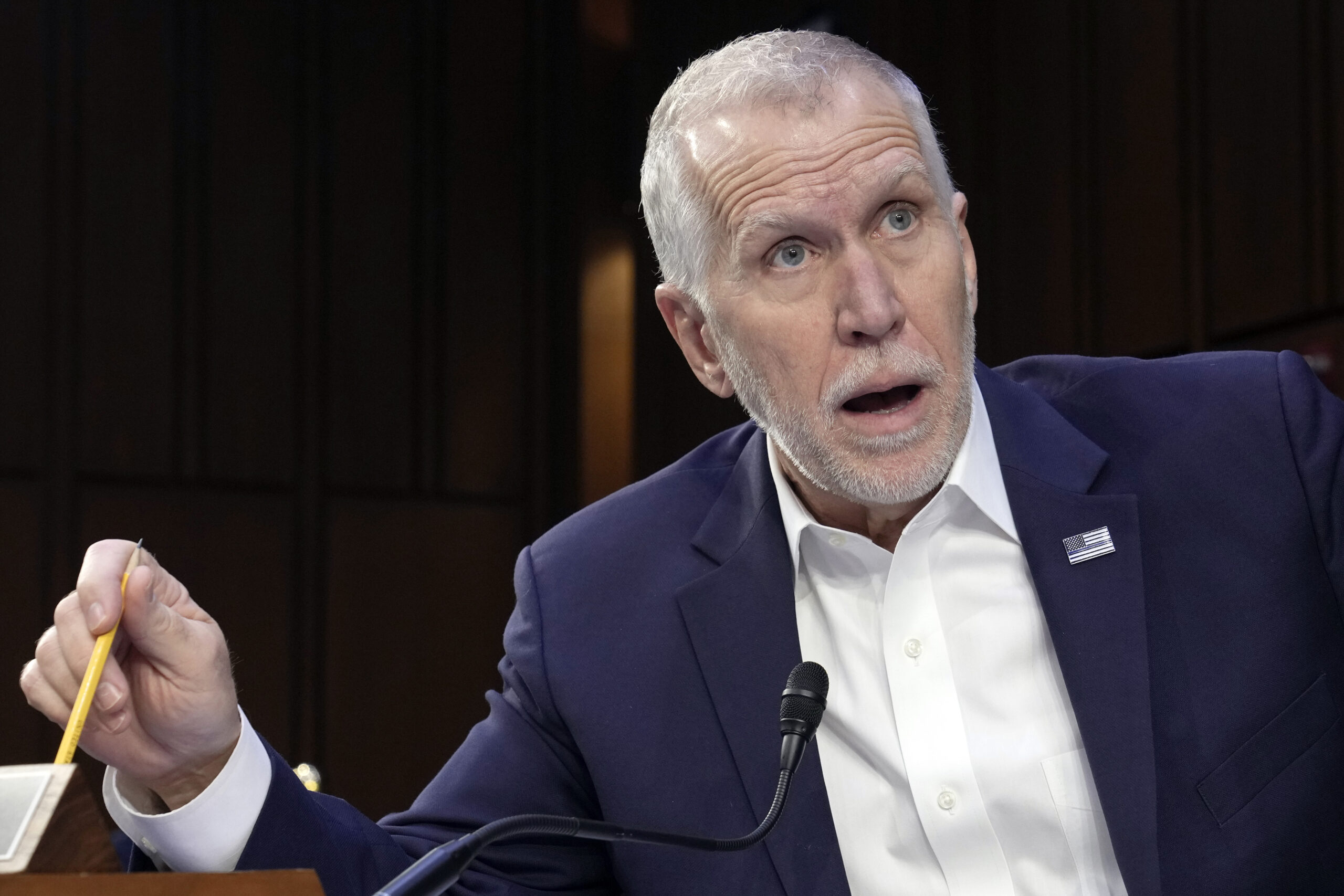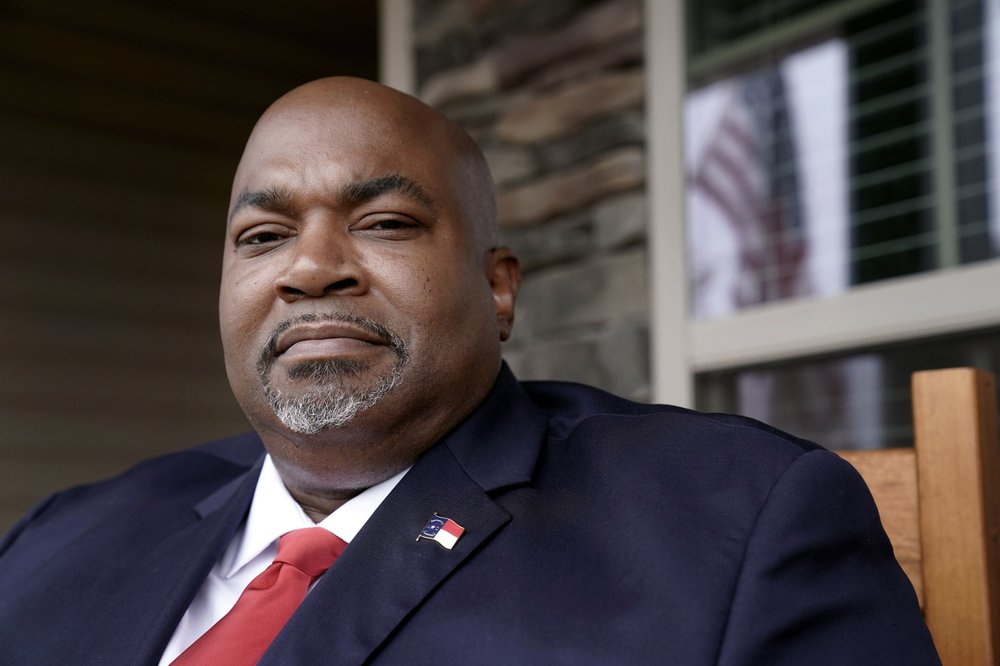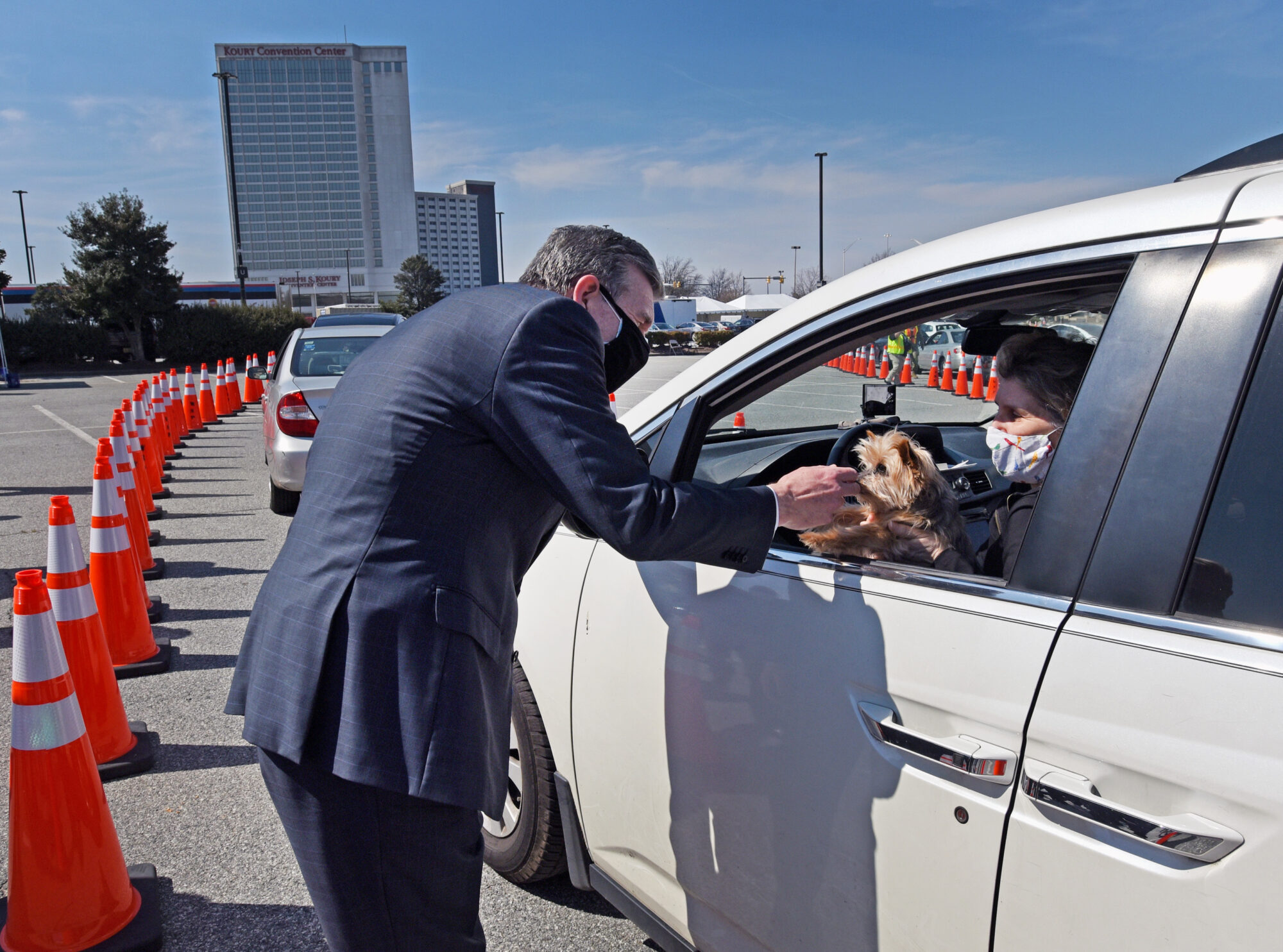This story was originally aired by Carolina Connection, the UNC student radio newscast from the Hussman School of Journalism and Media, in January 2024.
For single mother Wya and her three school-age children, home is a white 2007 Dodge minivan.
Wya goes by her ancestral Cherokee name. She and her kids have been sleeping in the van for about a month, after they fled an abusive family situation in Fayetteville. Like many homeless people, they struggled to find a safe place to park where they wouldn’t get harassed or shooed away.
She had a blanket wrapped around her shoulders, and in the seat behind her, a pile of drawings on loose leaf notebook paper formed a stack next to her youngest daughter, Zoey.
“I was parking at rest stops and I had this app where it showed me where I could park, that was for free, where they didn’t really mind it like at Cracker Barrel, or other places like that,” Wya said. “It was kinda dangerous because nobody really know, nobody really know, but it was dangerous.”
So Wya and her kids made their way here, to what Greensboro is calling a “Safe Parking Site.” It’s a free downtown lot for people living in their cars, but unlike a rest stop, it has a security guard. It’s also directly behind the Interactive Resource Center where anyone can shower, do laundry and even meet with a caseworker.
“I feel like it’s more safe here,” Wya said. “They have cameras here and I can sit here all day if I need to, if I don’t have anywhere to go.”
Wya’s minivan was among about a half dozen cars parked here on a Thursday afternoon, with some people using tarps and clothing to cover their windows and block out the cold weather.
This lot is the first of its kind in North Carolina and only the second on the east coast, after Atlanta. But nationwide, there are now more than 50, mostly in California and Washington, according to the National Vehicle Residency Collective.
The collective advocates for people living in cars, and one of its founders is Graham Pruss, who studies the growing population aid it’s a population that’s often unwelcome, just about anywhere.
“There growing awareness not only that this population exists, that their numbers appear to be increasing, but also that there’s really not a lot of spaces for people living in vehicles, at least in the existing systems of housing and of care,” Pruss said.
That’s why the city of Greensboro spent about 180 thousand dollars last year to pilot the Safe Parking Site. Kristina Singleton, who runs the Interactive Resource center, says homelessness increased during the pandemic and it hasn’t gone down.
“Folks are living in their cars, they don’t have somewhere safe to go,” she said. “They’re getting woken up in the middle of the night and asked by police or security to move along. So for Safe Parking, we have a spot that’s well lit, with security, a place to use the bathroom and a shower and build that community so that folks can be together in one spot.”
The city opened the lot about a year ago, and Singleton says it’s had some successes.
Larry Logan parked here for a month and said having a free place to live helped him save up for an apartment.
“I was here and I stayed in my car and I slept,” Logan said, “and yeah, so I did this for like maybe a month and then I was able to save money and go get my own place. And so I’m back today to get my mail.”
Still, parking lots like this have not escaped criticism. Some Greensboro City Council members have opposed funding for what they call “band aid” solutions for homelessness, rather than something more permanent fixes.
And Wya – the mother living in the Dodge minivan – says while the parking lot is helpful, she needs more.
“It’s hard on me to make it work for these kids when I have no resources, no help, and then the people that say they are going to help don’t help,” Wya said. “So I just wish there was more for mothers and kids.”
Singleton says the resource center is working on what she called “permanent supportive housing.” But in the meantime, she says, this parking lot is a lifeline for vulnerable people who don’t have any other options.
Chapelboro.com does not charge subscription fees, and you can directly support our efforts in local journalism here. Want more of what you see on Chapelboro? Let us bring free local news and community information to you by signing up for our newsletter.

